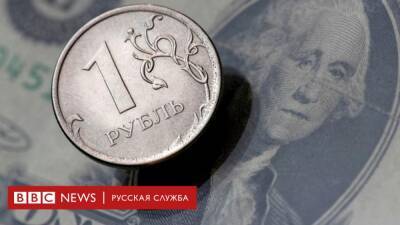El Salvador’s Bitcoin Law: Understanding alternatives to government intervention
Last year, El Salvador dominated headlines as the first country to adopt Bitcoin as legal tender. The move is controversial both in and outside of the country, heralded for its potential to bring financial services to large portions of El Salvador’s unbanked population and criticized for its top-down implementation. This has created a sense of uncertainty and made some Salvadorans feel they lacked a choice, despite locations like El Zonte already accepting Bitcoin (BTC) as payment through organic developments that predate the law.
These arguments, while for and against the law, don’t actually exist in contradiction to one another. While the decision may have been made by the government, it is bringing financial services to new portions of the population. Not all governments, however, are interested in declaring Bitcoin a legal tender, leaving us to consider a new question: How can we encourage crypto adoption in emerging markets like El Salvador without involving governments?
Related: What is really behind El Salvador’s ‘Bitcoin Law’? Experts answer
In August of 2021, the World Bank reported that nearly half of the Latin American and Caribbean (LAC) population were unbanked, meaning that they had no access to a bank account or other financial services. These unbanked individuals cited the cost of maintaining an account, distance from financial institutions, lack of necessary documentation and lack of trust as among the most common reasons for remaining unbanked.
Being unbanked poses major challenges, making it difficult for individuals to safely receive payments, save money, transfer funds outside of their communities or access credit and their credit scores. In short, being unbanked can make it nearly impossible for
Read more on cointelegraph.com



















